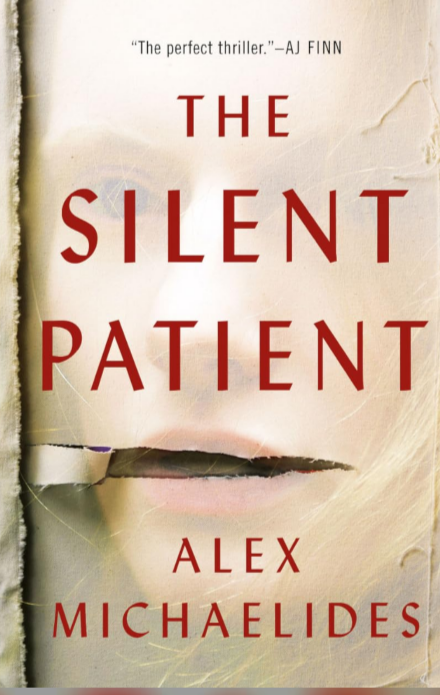Title: The Husband's Secret
Author: Liane Moriarty
Publisher: Penguin
Pages: 432
My GoodReads Rating: ⭐⭐
One
Monday, Cecelia Fitzpatrick finds an old letter written by her husband,
John-Paul, with the message, ‘To be opened only in the event of my death’. At
first, Cecelia dismisses the letter, considering it unimportant. When she tells
her husband what she found, he tells her that it’s some sentimental stuff, and
would she please not read it?
Cecelia’s
life is perfect; her good-looking husband, her perfect daughters, Isabel,
Esther and Polly, and her flourishing Tupperware business. When she finally
reads the letter, it will upend her perfect life.
In
Melbourne, Tess O’Leary, her husband, Will, and cousin, Felicity, run a successful
communications business. Life is good, until Will and Felicity inform Tess that
they have fallen in love. Now Tess is moving back to Sydney with her
six-year-old son, Liam.
Rachel
Crowley, grandmother to little Jacob, has her life upended once more when son
Rob and daughter-in-law Lauren announce that they and Jacob are moving to New
York, where Lauren has secured a fancy job. Rachel, already suffering as the
anniversary of her daughter’s murder approaches, is heartbroken. Over two
decades ago, her daughter Janie was murdered in a park. The murderer was never
arrested.
In
Sydney, Tess falls in love with ex-boyfriend Connor Whitby, now the PE teacher
at the local school. Rachel suspects Connor of being her daughter’s murderer.
Since the police won’t act on her suspicions, she figures she will.
The
three subplots are vaguely connected. For some reason, all the families like
watching The Biggest Loser, a reality show where the contestant that loses weight the most wins. The concept of the biggest loser loosely applies to all three women, and
literally to Felicity, once obese, who loses a lot of weight, and supposedly
ends up beautiful. Loser and winner combined.
This
was my first read by this author. The story is written in the omniscient past
tense PoV. It is almost stream of consciousness in the amount of detail we get
about each life. Detail that we could have done without. There are frequent
digressions as the characters think aloud. Considering the amount of time we
spend in the heads of the three main characters, Cecelia, Tess and Rachel, I
still didn’t like any of them.
The
book takes much too long to get going. It was only on page 147 of 406, nearly
36 percent in, that we get the first hint of something not being right.
Cecelia
reads her husband’s letter, but not before many chapters and many pages have
gone by. While the contents of the letter are explosive, all hell does not
break loose. The book slowly meanders towards its conclusion.
In
the very first chapter, we are told about Cecelia’s friends, Miriam Openheimer,
Erica Edgecliff, Laura Marks, Sarah Sacks and Mahalia Ramachandran, the latter
to tick the diversity box. None of these ladies, except Miriam only briefly,
are mentioned thereafter. Why did we need to know the names and brief bios of
each of these friends if they had no role to play in the book?
A
line about the Berlin Wall that stood out for me: The Wall was like the giant carcass of a dragon
that had once terrorized the city and the tourists were crows pecking away at
its remains.
Some
questions remained unanswered. Tess doesn’t know it, but the author lets us
know, in a mysterious scene, that her parents’ divorce was something her mother had initiated. We never
learn why.
The
story begins on a Monday in Holy Week, when Christians commemorate the events
leading up to Christ’s death and resurrection, and ends on Easter Sunday. The
time period is not significant of itself, but merely relates to the fact that
all the characters are either practicing Catholics or lapsed.
The
main characters were supposed to be Catholics, but they celebrated, yes,
celebrated, Maundy Thursday with an Easter hat parade, something no practicing
Catholic would do, but the whole parish was at it here.
On Good Friday, they are all out flying kites, enjoying the holiday. Is this how Catholics in Australia mark what is the most solemn period in the calendar of the Catholic church? Or are the characters Catholics only so the author can play with themes of guilt, regret and redemption that Catholics are supposed to be weighed by?











